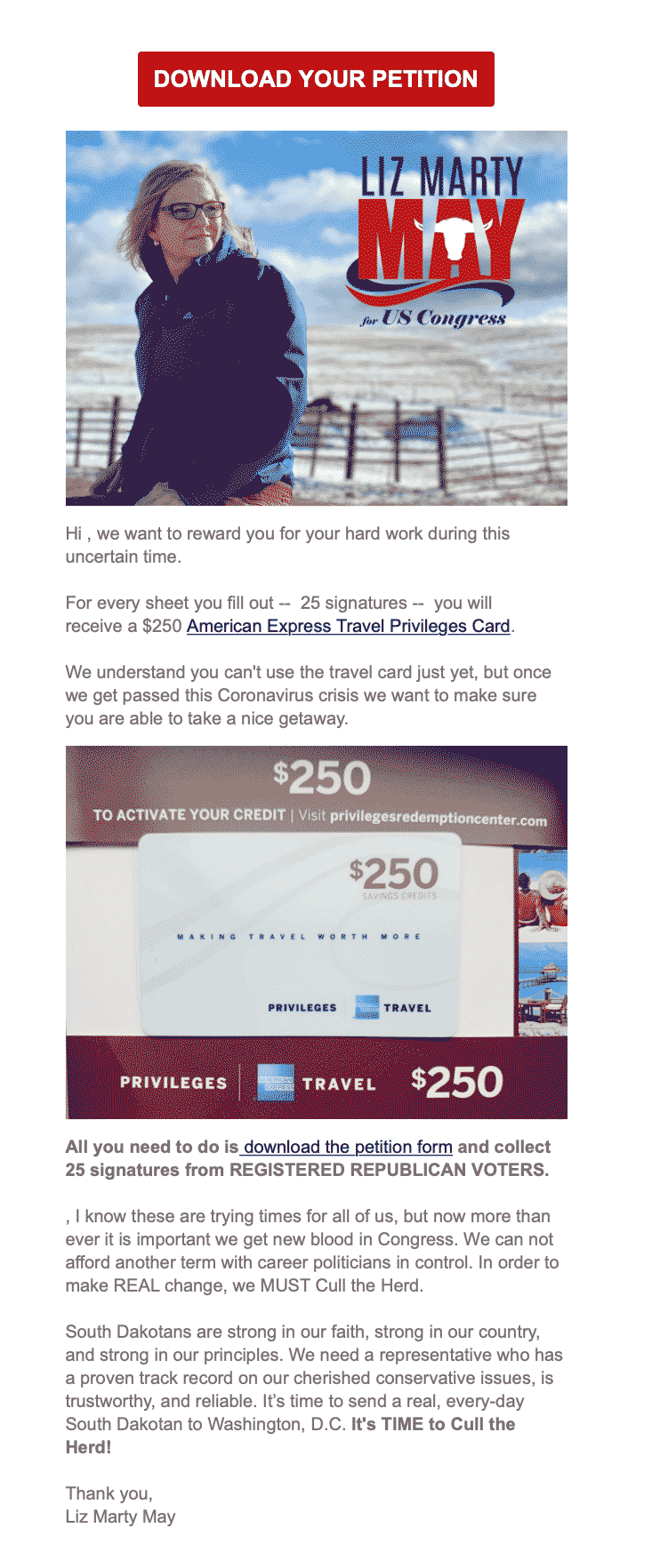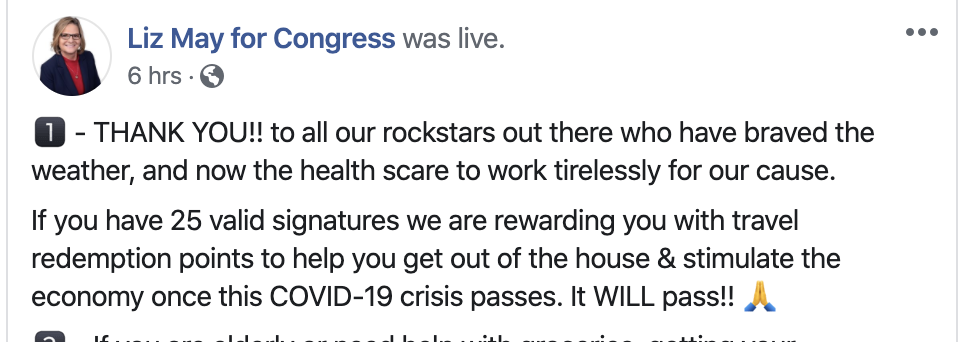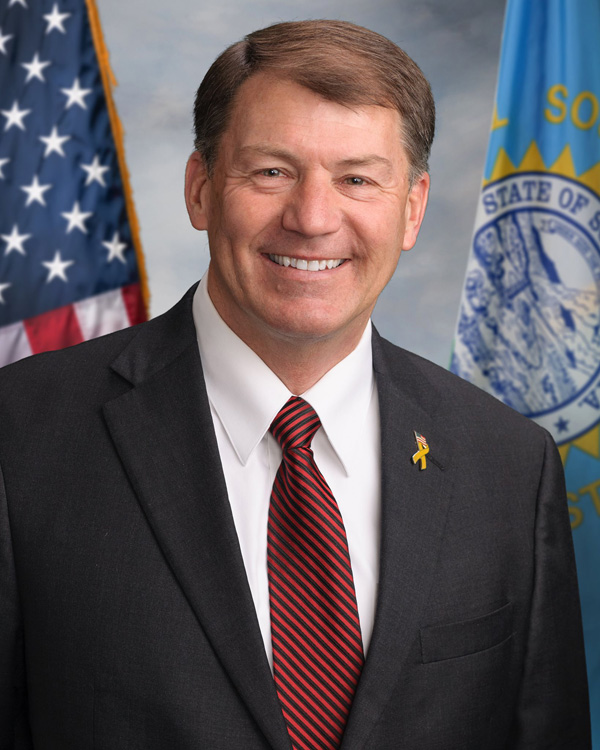Rounds Joins Bipartisan Group of Former Governors Calling for Flexibility in State Stabilization Funding
Rounds Joins Bipartisan Group of Former Governors Calling for Flexibility in State Stabilization Funding
CARES Act Includes $150 Billion in Stabilization Funding for State and Local Governmen
PIERRE –U.S. Sens. Mike Rounds (R-S.D.), Maggie Hassan (D-N.H.), Angus King (I-Maine) and Jeanne Shaheen (D-N.H.) – who all formerly worked as governors – today called on Vice President Mike Pence to work with Treasury Secretary Steven Mnuchin to issue guidance to states on how they can use funding from the CARES Actto address budget shortfalls. The CARES Act that Congress passed into law includes $150 billion in stabilization funding for state and local governments, and the Trump administration is now working to distribute these funds.
“Like you, we are also former governors, who recognize the uniquely devastating impact that the COVID-19 pandemic will have on state and local government revenues, just as demand for services increases exponentially…We write today to urge you to work with Treasury Secretary Mnuchin to give states the flexibility they need to put those funds to use mitigating the short- and long-term economic impacts of this crisis – including making up for lost revenues due to COVID-19,” wrote the senators. “Governors and state legislators are best positioned to know how to put these funds to good use. The loss of state and local revenues is just as much a result of the COVID-19 pandemic as the additional costs that state and local governments are facing – and states should be able to use these funds to address both challenges.”
The senators detailed why it is critical that the administration make clear that state stabilization funding can make up for lost revenues: “As you know, most states are prohibited from running budget deficits, and most are also rapidly approaching the end of their fiscal years. Without help, state governments will be forced to raise taxes or dramatically cut services and investments, just as those services are needed to protect public health and jumpstart the economy. Either tax increases or service cuts will have devastating ripple effects that will increase unemployment rates and slow the economic recovery.”
Read the senators’ full letter below:
Dear Vice President Pence:
As United States Senators, we are working together and with the administration on efforts to mitigate the impacts of the COVID-19 pandemic on individuals, communities, businesses, and our entire economy. Like you, we are also former governors, who recognize the uniquely devastating impact that the COVID-19 pandemic will have on state and local government revenues, just as demand for services increases exponentially.
As you know, most states are prohibited from running budget deficits, and most are also rapidly approaching the end of their fiscal years. Without help, state governments will be forced to raise taxes or dramatically cut services and investments, just as those services are needed to protect public health and jumpstart the economy. Either tax increases or service cuts will have devastating ripple effects that will increase unemployment rates and slow the economic recovery.
Fortunately, Congress and the President worked together to attempt to address these issues by including $150 billion for state and local government stabilization in the most recent bipartisan legislation signed by President Trump. States are now awaiting guidance from the administration on how they can use these funds.
We write today to urge you to work with Treasury Secretary Mnuchin to give states the flexibility they need to put those funds to use mitigating the short- and long-term economic impacts of this crisis – including making up for lost revenues due to COVID-19. Governors and state legislators are best positioned to know how to put these funds to good use. The loss of state and local revenues is just as much a result of the COVID-19 pandemic as the additional costs that state and local governments are facing – and states should be able to use these funds to address both challenges.
In addition, we ask you to act as quickly as possible so that state and local governments can make informed decisions as they face this unprecedented crisis.
We thank you for your attention to this matter, and look forward to continuing to work with you to best serve the American people in this difficult time.
###










